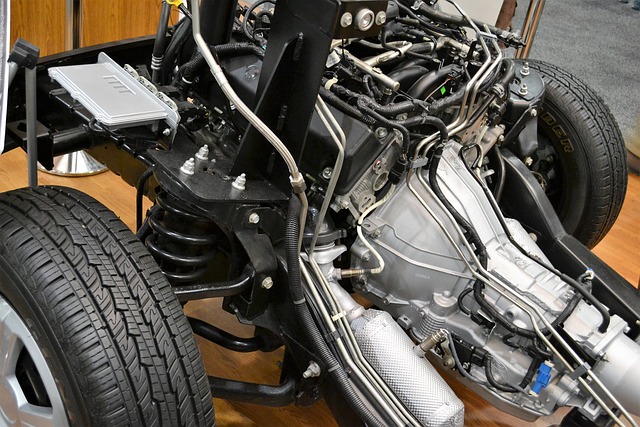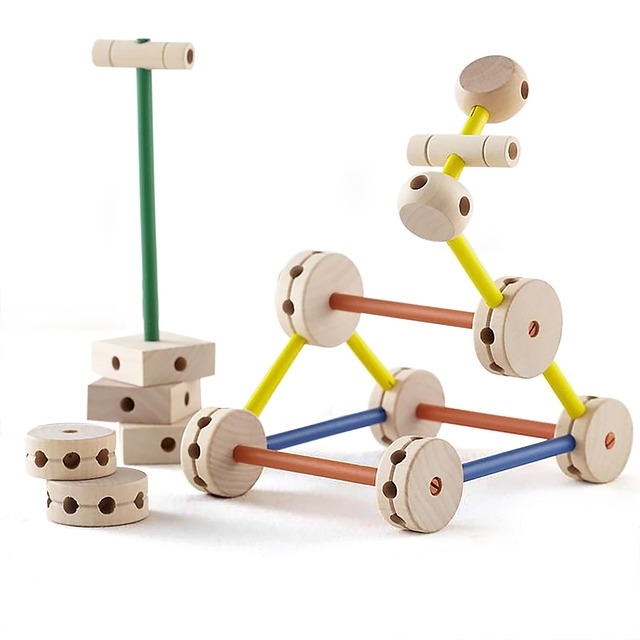
“The Ultimate Guide to Industrial Sockets: A Connector’s Best Friend”
The Ultimate Guide to Industrial Sockets: A Connector’s Best Friend
In the world of connectors, few components are as vital as the industrial socket. Whether you’re a seasoned electric technician or a DIY enthusiast, understanding these robust connectors can elevate your projects, streamline your installations, and ensure safety and efficiency in industrial environments.
What Makes an Industrial Socket Indispensable?
Industrial sockets are designed to endure the harshest conditions — from extreme temperatures and moisture to heavy mechanical stress. Unlike everyday plugs and outlets, they provide secure and reliable connections that stand up to the demands of factories, construction sites, and other demanding settings.
Key Features That Define Industrial Sockets
- Durability: Built with high-grade materials such as reinforced plastics, metals, and rubber seals, these sockets resist wear and tear, corrosion, and impacts.
- Safety: Most industrial sockets feature locking mechanisms or IP ratings that prevent accidental disconnections and protect against dust and water ingress.
- Versatility: They accommodate various voltage and current requirements, accommodating everything from heavy machinery to lighting systems.
Choosing the Right Industrial Socket
Selecting the appropriate industrial socket starts with understanding your environment and load requirements. Factors to consider include:
- Voltage and Current Rating: Confirm the device’s power needs and ensure the socket’s specifications match or exceed them.
- Environmental Conditions: For wet or dusty environments, look for sockets with an IP65 rating or higher.
- Compatibility: Confirm the socket type matches the plug design — whether it’s pin configuration, size, or locking feature.
- Installation Ease: Some sockets are designed for quick installation and maintenance, which is great for minimizing downtime.
Applications That Bring Industrial Sockets to Life
Industrial sockets are the unsung heroes behind many powerful systems:
- Manufacturing Plants: Power everything from conveyor belts to robotic arms.
- Outdoor Events: Safely connect generators and lighting rigs with weatherproof resilience.
- Construction Sites: Keep heavy-duty equipment powered up despite dust, debris, and rough handling.
- Marine Industry: Withstand corrosive salty air while powering vessels or dockside equipment.
Maintenance Tips for Longevity
Even the most robust industrial socket requires care to maintain peak performance:
- Regularly inspect for signs of wear or damage.
- Clean sockets with appropriate tools to prevent dust accumulation.
- Ensure connections are tight but avoid overtightening that can damage components.
- Replace any worn or cracked components immediately to prevent accidents.
By embracing the power and reliability of industrial sockets, connectors gain a dependable ally in their toolkit. Whether you’re powering massive equipment or setting up a critical network of devices, the right industrial socket is truly a connector’s best friend.



